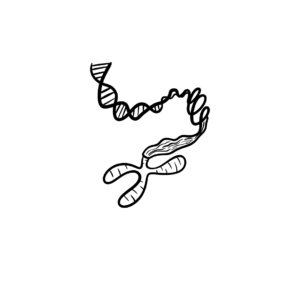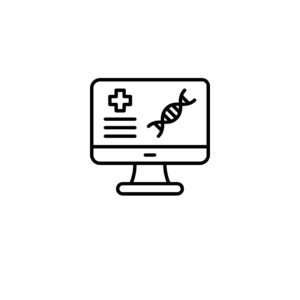Description
A Bachelor of Science (B.Sc) in Chemistry and Biology (often referred to as PCB?Physics, Chemistry, and Biology) is an undergraduate degree program that integrates studies in both chemistry and biology, providing a comprehensive understanding of life sciences and the chemical processes that underpin biological systems. This degree is particularly relevant for students interested in pursuing careers in health sciences, biotechnology, environmental science, and research.
Program Overview
Duration: Typically spans 3 to 4 years, depending on the educational institution and country.
Mode: Available in full-time, part-time, or online formats, accommodating various learning preferences and schedules.
Eligibility: Generally requires a high school diploma or equivalent, with a strong background in science and mathematics.
Core Curriculum
The curriculum for a B.Sc in Chemistry and Biology typically includes a blend of theoretical and practical courses covering essential topics, such as:
General Chemistry: Introduction to chemical principles, including atomic structure, bonding, stoichiometry, and chemical reactions.
Organic Chemistry: Study of the structure, properties, and reactions of organic compounds and mechanisms.
Inorganic Chemistry: Exploration of inorganic compounds, coordination chemistry, and materials science.
Biochemistry: Understanding the chemical processes within and related to living organisms, including metabolism and enzyme action.
Microbiology: Study of microorganisms, their biology, ecology, and roles in health and disease.
Cell Biology: Examination of cell structure, function, and processes such as division and signaling.
Genetics: Introduction to the principles of heredity, molecular genetics, and the functions of genes.
Analytical Chemistry: Techniques for analyzing substances and measuring chemical components and concentrations.
Skills Developed
Laboratory Skills: Proficiency in conducting experiments, using laboratory equipment, and analyzing data effectively.
Critical Thinking: Ability to assess complex biological and chemical problems and develop logical solutions based on scientific principles.
Research Skills: Experience in research methodologies, data collection, and scientific writing, preparing students for further studies or industry roles.
Interdisciplinary Integration: Understanding of how chemistry and biology interrelate, which is essential for fields like pharmacology, environmental science, and biotechnology.
Career Opportunities
Graduates with a B.Sc in Chemistry and Biology have various career options in sectors such as healthcare, research, biotechnology, and education, including:
Laboratory Technician: Working in clinical or research laboratories, conducting experiments, and assisting in data analysis.
Biotechnology Researcher: Engaging in research and development in areas such as genetic engineering, drug development, or agriculture.
Pharmaceutical Sales Representative: Promoting pharmaceutical products to healthcare professionals, utilizing scientific knowledge to explain benefits.
Environmental Scientist: Conducting assessments and research related to the environment, pollution, and the conservation of ecosystems.
Quality Control Analyst: Ensuring that products meet required specifications and regulatory standards within laboratories or manufacturing settings.
Science Educator: Teaching chemistry or biology at the high school or college level (additional certification may be required for teaching roles).
Benefits of Pursuing a B.Sc in Chemistry and Biology
Comprehensive Education: Offers a robust foundation in both chemistry and biology, essential for various scientific careers and further education.
High Demand: Graduates are well-prepared for growing industries such as healthcare, biotechnology, and environmental science.
Flexible Pathways: Provides options for further studies in specialized fields such as medicine, pharmacy, environmental science, and research.
Additional Considerations
When considering a B.Sc in Chemistry and Biology:
Accreditation: Ensure the program is accredited and recognized by relevant educational authorities or professional organizations.
Laboratory Facilities: Look for institutions with well-equipped laboratories and opportunities for hands-on research experiences.
Interdisciplinary Focus: Consider programs that offer interdisciplinary courses or specializations, which can enhance your expertise and employability.
If you have specific questions about the program, its components, or potential career opportunities in Chemistry and Biology, feel free to ask!








